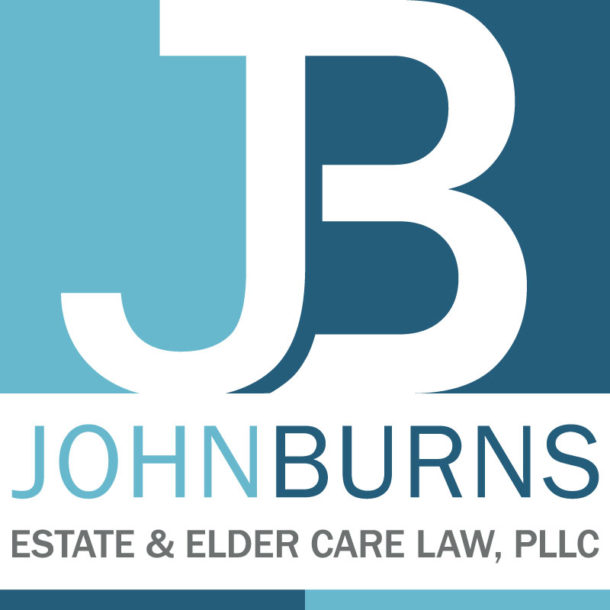Practice Areas
Medicare & Private Insurance

Medicare is a health insurance program for individuals over the age of sixty-five (65) and for some disabled persons. Unlike Medicaid and other government benefits, income is not a factor in determining eligibility.
Medicare has different benefits options. Most individuals are familiar with Part A and Part B. Part A covers hospitalization. There is no separate premium for Part A because it is paid for through payroll withholding. That pesky 1.45% withheld from your paycheck went to pay for Part A. Part B is optional and pays for physician’s and outpatient services, and there is a premium for that. Part C is Medicare Advantage which provides a combination of coverage for some services and benefits as are found Parts A and B. Part D is a prescription drug benefit.
Persons under age 65 entitled to receive Social Security or railroad retirement disability benefits are entitled to Part A Medicare benefits after 24 months of qualified disability. Typically, the beneficiary will pay the deductible and coinsurance costs, and the States pay costs for indigent.
Thank you again for all the help you guys are providing. The peace of mind you guys having my back is priceless.
Robyn F.
Part A covers customary care and services in hospital; however, it does not cover physicians’ services. Medicare will pay for up to ninety (90) days of hospitalization coverage per “spell” of illness. In addition, individuals have a lifetime reserve of 60 days of hospital coverage. Coverage for patients in psychiatric hospitals are limited to 190 lifetime days.
Upon discharge from a hospital, Part A covers up to 100 days of extended care services in skilled nursing facility. In addition, homebound individuals in need of skilled nursing care, or physical, speech, or occupational therapy are entitled to services of home heath agency according to physician’s treatment plan, after minimum three-day hospitalization.
In the event of terminal illness, Part A will pay for hospice services for two ninety (90) day periods and unlimited number of subsequent periods of 60 days each. Eligible services include nursing care, physician’s services, counseling, medical supplies, and appliances, drugs, home health and homemaker services, therapy, and respite care.
In contrast to Part A, Part B covers physicians, diagnostic tests, medical equipment, ambulance services, outpatient physical and speech therapy, and limited prescription drugs.
If individuals age sixty-five (65) or older are covered under an employer’s insurance plan, they may elect to continue coverage under the employer’s plan. In addition, retirees may elect to continue coverage and pay the group rate for up to eighteen (18) months after retirement.
The Medicare offerings are varied and complex, and many individuals, no matter how astute, are confused by the various options and offerings. John Burns Estate & Elder Care Law regularly counsels individuals and families in navigating the various benefits options.
Have questions? We’d love to talk to you.
Contact John Burns at (601) 748-8888 or hello@misselderlaw.com.


